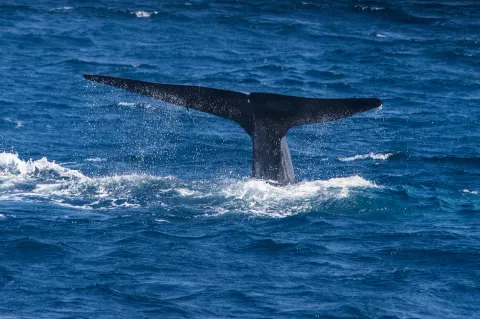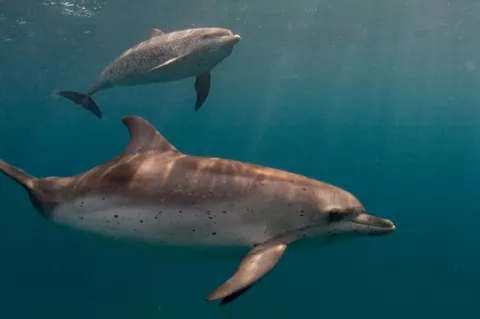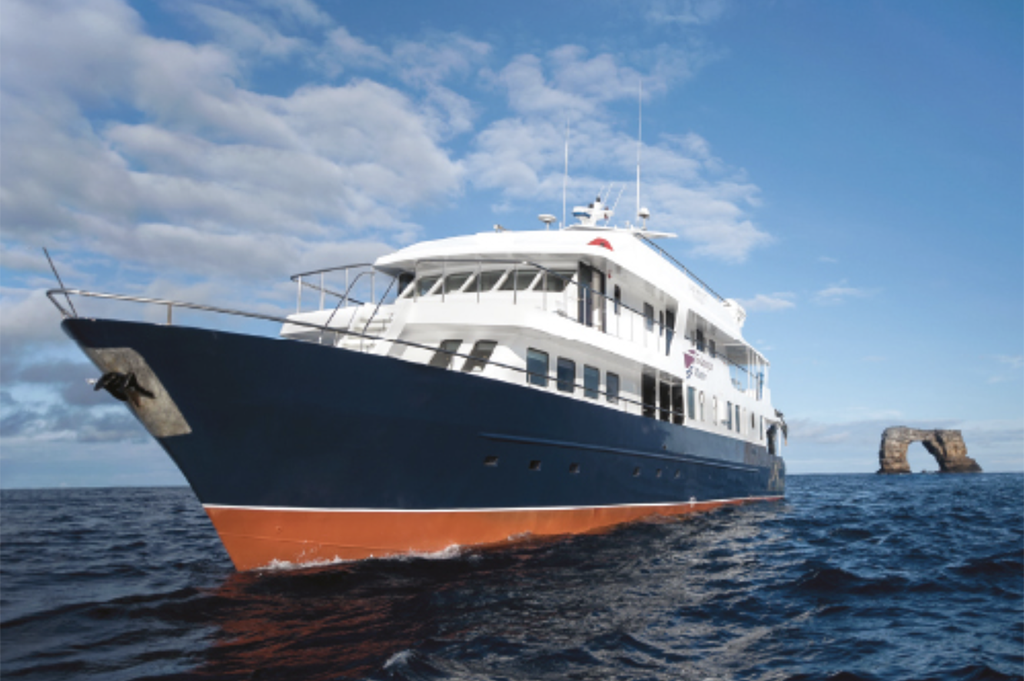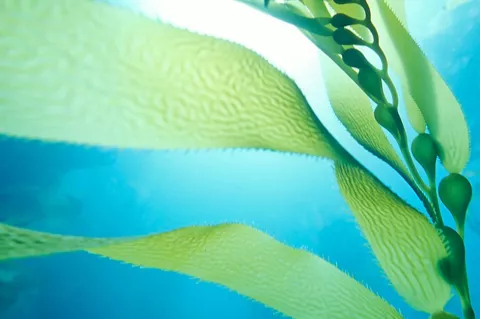Blue whale numbers rebound off South Georgia
When whaling all but exterminated the Antarctic blue whale 50 years ago, the waters around South Georgia fell silent. Between 1998 and 2018, dedicated whale surveys off the sub-Antarctic island yielded a sole blue whale sighting. But a whale expedition this year and analysis by an international research team resulted in 58 blue whale sightings and numerous acoustic detections, raising hopes that the critically endangered mammal is finally recovering five decades after whaling was banned.
- Read more about Blue whale numbers rebound off South Georgia
- Log in to post comments







